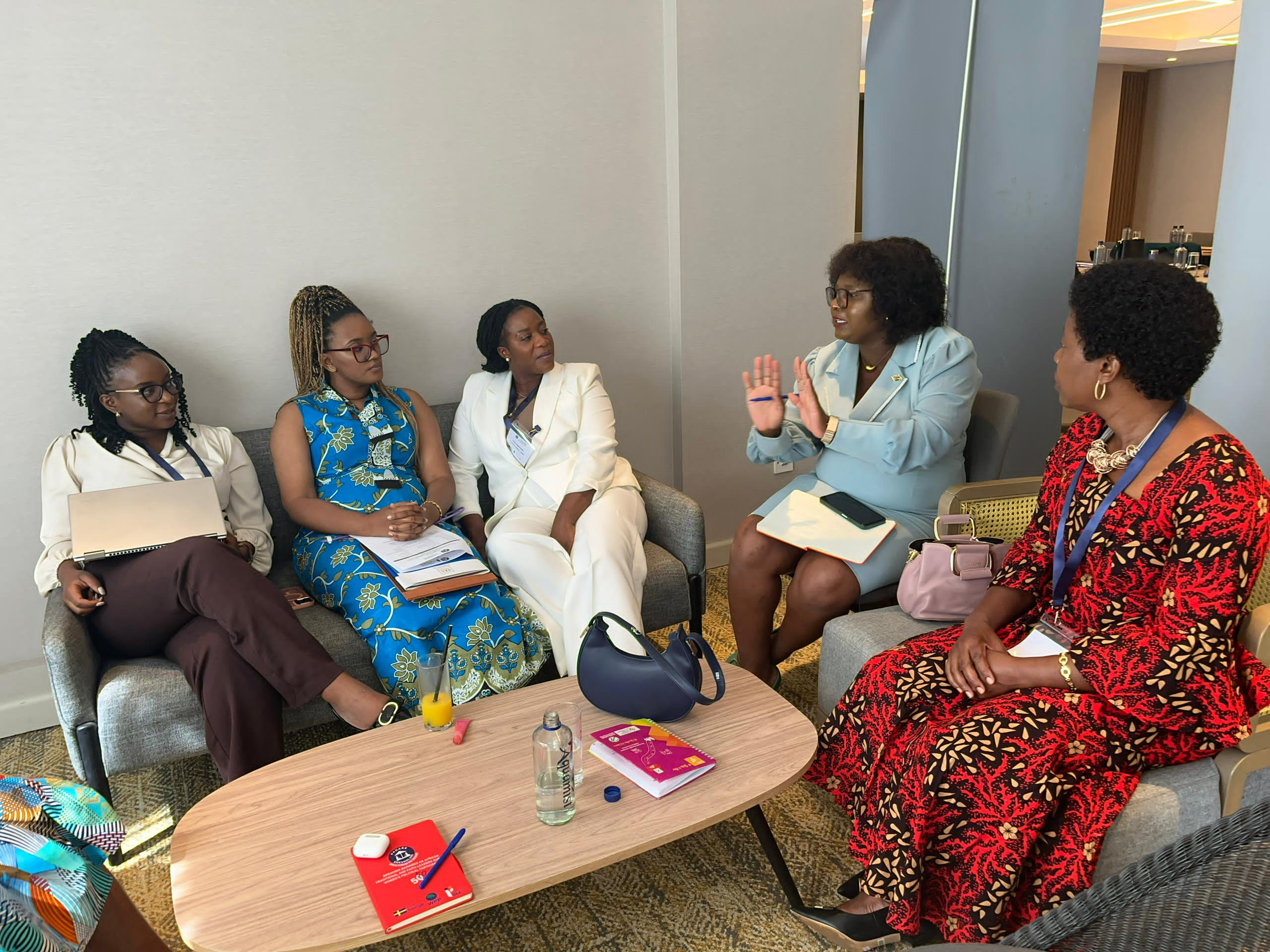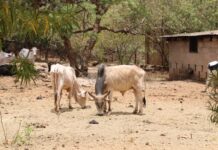|
Getting your Trinity Audio player ready...
|
By Seline Nyangere
In an effort to bolster women’s political participation and representation in African leadership, regional faith-based leaders, traditional leaders, and women political leaders from five different African countries have engaged and shared their experiences in navigating these leadership roles.
The high-level dialogue hosted in Nairobi that aims to tackle the complex relationship between women’s political involvement and the influence of faith and traditional leaders organized by Women in Political Participation (WPP) consortium partners PADARE and Women and Law Southern Africa (WLSA) in partnership International IDEA that brought leaders from Kenya, Botswana, Zambia, Malawi, and Nigeria have explored avenues to increase and deepen women’s engagement in politics and other leadership roles.
Prophetess Councilor Dr. Idirashe Dongo, a Zimbabwean leader and national founding chairperson of Pastors for Economic Development, in a media interview, stressed the pivotal role of religious leaders in political engagement, particularly in countries where faith organizations wield substantial influence.
“We are engaging women from other nations on the participation of women in elections, we want to really understand how to navigate through and how to increase the number of women’s participation in leadership. We are here so that we can also learn from women in other nations like Botswana, and Kenya and at the same time engage traditional and religious leaders on how to encourage and reach out to women so that they come and participate in leadership,” explained Dr. Dongo.

Dr. Dongo shared her experience in Zimbabwe, where her team successfully advocated for a minimum of 30% female representation in local government.
“In Zimbabwe, in December 2020 we engaged the highest ranking of Zimbabwe, President Emmerson Mnangagwa to address the issues of low numbers of women at the local government level, we had no such a thing in our country but after the engagement, he accorded women 30% at the local government level and elected women in local level increased from 13% to 30%,” Dr. Dongo added.
However, she acknowledged the challenges she faces, particularly as a single woman in a leadership role.
“In our cultural norms, single individuals, especially women, face bias and are seen as lacking moral authority, Such prejudices, permeate in both political and religious spaces, where traditional expectations often undermine women’s leadership potential,” she highlighted encouraging young women to grow a thick skin while in leadership spaces.
“Grow a thick skin if you want to be a politician, there are no crybabies whatever the comments, whatever they may allege, or what they say that can take you down, keep moving, if you get an opportunity to be trained or attend forums with women leaders, it is very important,” said Dr. Dongo.
For Dr. Motamma Horatius, political aspirant Botswana now in her second political campaign, societal norms pose a unique challenge for women in leadership. Female politicians, she observed, are expected to project humility, moral integrity, and even specific attire while campaigning.
“Being a woman means delivering 100%, as you must balance societal expectations with the demands of a political career. As a woman, you are expected to be an all-round and fully packaged, hold high moral crowns, cover your head, wear skirts, and be humbled but also you have to politic it in a way that people can relate with you as a woman, you cannot just be rowdy as men because when you do that they won’t vote for you,” she noted.
The lack of maternity leave for women politicians was a particular concern for her.
“You don’t get a break; while nursing, your opponents continue campaigning. To survive, you must maintain resilience and seek mental health support,” Dr. Horatius emphasized, underscoring the critical need for psychological support networks for female politicians.
Reverend Emmanuel Maforo, a pastor and communications director at Episcopal Zimbabwe also present at the dialogue, highlighted a commonly held view that religious figures should remain detached from politics. He disputes this notion, emphasizing that religious leaders, with their mass followings, are uniquely positioned to promote women’s political engagement.
“Let us recognize women as people of personal worth, There is that wrong assumption that the church has nothing to do with politics. Others will say keep your line, stay at the church and you cannot come here but just as politicians religious and traditional leaders have a mass audience which I believe politicians have to take advantage of because we speak to people,” said Reverend Maforo.
He also urged his peers, emphasizing the need to validate women’s roles in both religious and political spheres.
“My message to religious leaders is that let’s recognize women, let’s recognize them as individuals of personal worth, we do not need to see you and put you in a closet and say she is a young girl, young woman but as a person of worth,” He emphasized.
As the dialogue unfolds, participants continue to seek viable strategies to integrate women more meaningfully into African politics, creating an inclusive environment where gender, cultural traditions, and religious beliefs support a truly democratic political landscape.














